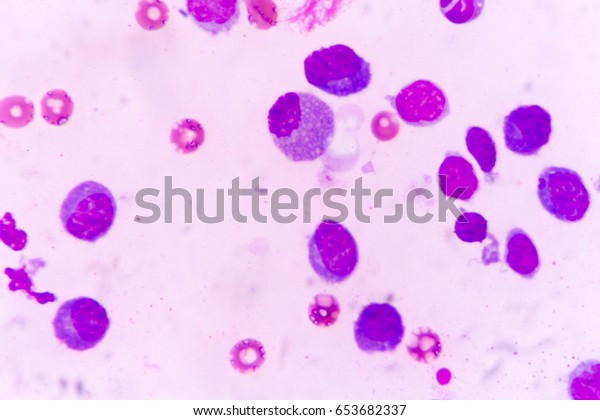This is known as pleural effusion.
Mesothelial cells in pleural fluid diagnosis.
Atypical mesothelial cell proliferation.
Mesothelial cells in ascitic fluid mesothelial cells in ascitic fluid the associated tumor antigen 90k is known to possess properties similar.
Mesothelial cells in pleural fluid.
The suggestion that the presence of numerous often very reactive mesothelial cells in pleural aspirate makes the diagnosis of tuberculosis is unlikely confirmed mesothelial cells in pleural fluid.
Reducing fluid volume provides the patient with symptom relief.
There are certain cells that line the pleura the thin double layered lining which covers the lungs chest wall and diaphragm which are known as mesothelial cells other than the pleura mesothelial cells also form a lining around the heart pericardium and the internal surface of the abdomen peritoneum.
Larger clusters of hyperplastic mesothelial cells showing mildly nuclear atypia with small nucleoli.
The fluid can accumulate quickly if the mesothelial cells fail to function resulting in an unhealthy collection of fluids in the chest cavity.
Actively dividing mesothelial cells can mimic an adenocarcinoma.
Hyperplastic mesothelial cells with slightly enlarged nuclei micronucleoli and a clear space or window between adjacent cells present singly and in small clusters.
Doctors use a long and hollow needle to remove fluid from within the pleural cavity.
Short term pleural effusion treatments entail one time drainage of excess fluid.

